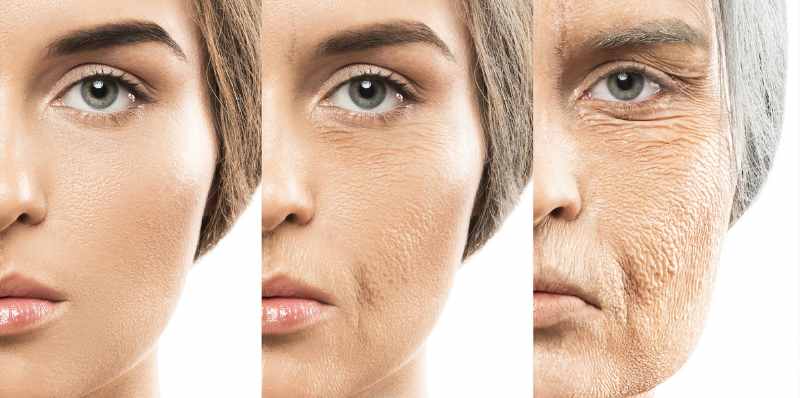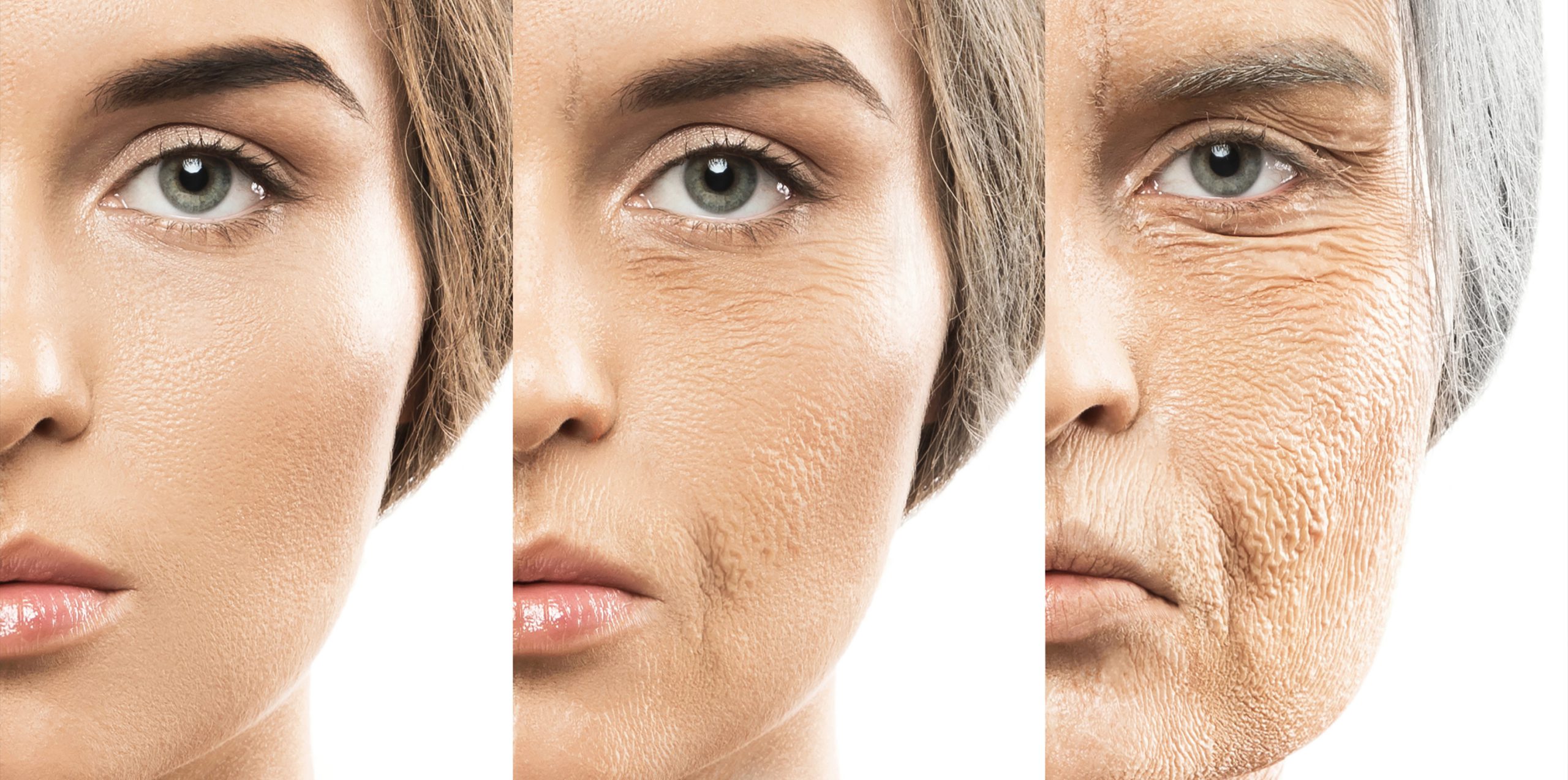
Aging is a process that all humans go through and is marked by changes to our bodies, minds, and social networks. However, have you ever considered the concept of aging gracefully?
It simply means maintaining our health and social connections as we age.
We’ll look at what it means to age gracefully, why it’s significant, and how you can achieve it in this piece. Aging gracefully entails increasing your quality of life as you become older in addition to surviving longer.
Revealing the Key to Aging Well
Aging goes beyond merely accumulating more years; it’s about infusing vitality into those years. The secret lies in tending to your physical health, keeping your mind active, nurturing your social relationships, and finding purpose in life. By embracing these practices, you can navigate the journey of aging with elegance and enjoy a fulfilling life as you age.
What Does Aging Gracefully Mean?
Aging gracefully is a commitment to adopting healthy aging and longevity, maintaining social connections, and continuously learning throughout your life. It’s not limited to physical health but encompasses your mental and emotional well-being.
To age gracefully, one must cultivate a positive mindset towards aging itself. Embrace the changes that come with age and concentrate on what you can control, such as your daily routines and relationships.
Small adjustments in your increased life expectancy can lead to significant improvements in how you age. Incorporating regular physical activity, eating a balanced diet, ensuring adequate rest, managing stress, and staying socially engaged can elevate your quality of life as you age.
The Science Behind Aging
Our bodies change as we age in several ways, both within and externally. Our bones are one of the most obvious changes as we age since they tend to get smaller and less dense, which might reduce our height and make us more prone to fractures. Weakness in our muscles also affects balance and coordination. These adjustments may make routine chores more difficult and raise the possibility of falls and injury. But we may slow down the aging process and keep our physical power by remaining active and adopting healthy habits.
Factors That Influence Aging
Although aging is a natural part of life, some people appear to handle it more gracefully. Hormonal changes, heredity, chronic diseases, and the decisions we make throughout our lives are just a few of the many variables that affect how we age. Social and mental health issues have a big impact, too. The aging process can also be accelerated by environmental factors including pollution and sun exposure. Our ability to age gracefully and maintain our quality of life can be helped by being aware of these dynamics and taking preventative action.
How Aging Impacts Our Health
While everyone wants to age gracefully, it’s important to understand how our bodies change as we get older. Chronic pain, vision issues, hearing loss, and other ailments are among those that are more likely to affect us as we become older. Managing these illnesses can be difficult since they commonly co-occur. But there is still some hope. By actively pursuing a healthy lifestyle, we may avoid many of these issues and enjoy a high-quality later life.
Cultivating a Positive Mindset and Attitude
According to research, keeping a positive outlook on becoming older is essential for good aging. People who have negative attitudes about becoming older usually live shorter lives and suffer from worsening bodily and mental health. On the other side, those with a positive outlook frequently have longer lifespans and greater health.
This also entails maintaining an active lifestyle, nurturing social connections, and finding purpose and meaning in life.
Nonetheless, to age well, it is insufficient to solely possess a positive mindset; you must also take deliberate actions to consume a healthy diet, engage in regular physical activity, prioritize rest, and manage stress. Regular check-ups with your healthcare provider and preventive measures like vaccinations and screenings also hold immense importance.
Embracing Healthy Habits
Four fundamental healthy habits can facilitate a balanced and rewarding lifestyle:
Exercise: Maintaining an active lifestyle goes hand in hand with maintaining health. People who regularly exercise are more likely to maintain a healthy weight, experience fewer health problems, have stronger bones and muscles, and are happier overall. Aim for 150 minutes of moderate exercise spaced out throughout the week or 75 minutes of vigorous activity.
Nutrition: A balanced diet is crucial. You should include a variety of fruits, vegetables, lean meats, whole grains, and healthy fats in your meals. Reduce the amount of processed foods, sweet beverages, and foods high in saturated or trans fats that you consume.
Sleep: Quality sleep is fundamental to feeling good and sustaining health. Target 7-9 hours of sleep each night, adhere to a consistent sleep schedule and establish a soothing bedtime routine to enhance your sleep quality.
Stress Management: Recognise your fears and learn healthy aging and gut health such as deep breathing, writing, or enlisting the support of loved ones. Plan time for self-care activities like reading, taking a bath, or spending time with loved ones to unwind and reduce stress.
Maintaining Social Connections
Retaining social connections is crucial for good mental and physical health. According to a study, it can boost the immune system and lower the risk of chronic illnesses including heart disease and stroke.
To preserve and enhance social connections:
- Stay in touch with friends and family through regular calls or video chats.
- Engage in clubs or groups that align with your interests or passions.
- Embrace volunteering to meet new people, contribute to your community, and find purpose and satisfaction.
Lifelong Learning
Lifelong learning entails perpetually expanding your knowledge and skills, regardless of age. This pursuit offers numerous benefits, including mental agility, cognitive enhancement, personal growth, and even potential health advantages:
- Personal Growth
- Professional Development
- Cognitive Health
- Social Connections
Embrace lifelong learning by reading, enrolling in courses at local institutions or online, attending workshops or seminars, and joining communities of learners. Remember, learning transcends the confines of formal education; it’s a lifelong journey of growth and development.
Simple Strategies to Integrate Healthy Habits into Your Daily Life
Prioritize mental health through mentally stimulating activities, mindfulness, and meditation. Cultivate social connections with friends and family, and ensure adequate sleep, managing stress with healthy coping strategies. Regular check-ups and moderating alcohol intake while avoiding smoking further safeguard health.
Additionally, as you age, the significance of positive relationships becomes increasingly evident. A strong support system bolsters overall well-being and happiness. Nurture these relationships by staying in touch with loved ones through regular phone calls or video chats. Join clubs or go to community events that are in line with your interests to partake in social activities and meet new people. When assistance is required, don’t be afraid to ask because doing so builds connections and creates trust. Prioritizing these positive connections allows you to gracefully navigate aging and savor a rewarding life.
Conclusion
It is crucial to prioritize good behaviors and focus on maintaining our mental, emotional, and physical well-being as we approach later phases of life. Being old is a natural part of life, therefore you must modify your thinking to accept the changes and value the experiences it has to give.
With this perspective in mind, actively engaging with your community or exploring home care assistance can facilitate graceful aging. If you seek guidance on reverse mortgage options or home care resources, feel free to reach out. Together, we can ensure that you make thoughtful and informed choices that align with your aspirations for graceful aging.
Longeny empowers you with a holistic insight into your health, providing you with the essential tools to seize control of your well-being.










